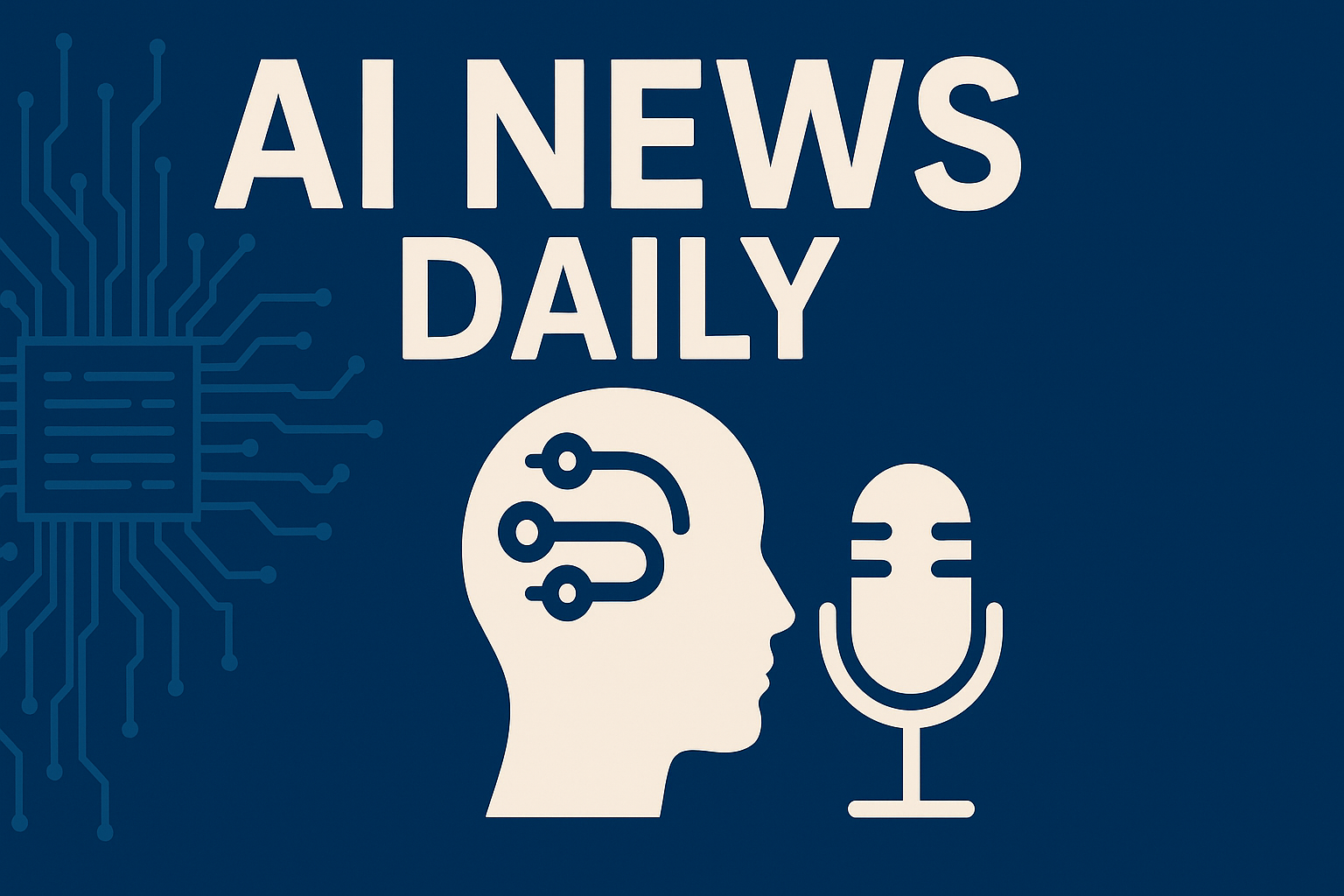Title: AI Boom Spurs Government Deals, Open-Source Push, and New Tools—Amid Privacy Lapses and Bubble Warnings
Content: The AI industry accelerated on multiple fronts as governments, tech giants, and investors deepened commitments—while fresh privacy failures and warnings of overhype tempered the momentum.
Public-sector partnerships and access: OpenAI is in talks with governments for nationwide ChatGPT Plus rollouts and discussed a £2 billion plan with UK officials to provide free access across the country, positioning the UK as a potential leader in AI accessibility; the company cites more than 700 million weekly users. In the U.S., Google and the General Services Administration launched the Gemini AI Program to modernize federal services. OpenAI also announced its first India office in New Delhi, a forthcoming ChatGPT Go product, and collaboration with the Indian government, dovetailing with a surge in early-stage AI funding in India despite high startup failure rates.
Product and platform updates: Google is upgrading Gemini with autonomous Agents, collaborative brainstorming, and immersive visual answers; it also made its Veo 3 video generator free for all Gemini users worldwide through August 24 (eight-second clips with customizable audio). Gemini now powers natural-sounding text-to-speech in Google Docs, while Mozilla’s latest Firefox adds AI-generated link and headline summaries in select regions. NVIDIA unveiled Project G‑Assist, an AI assistant for RTX laptops that tunes performance and power while offering real-time diagnostics. Google’s forthcoming Pixel 10 Pro introduces AI upscaling for 100x zoom photos, raising fresh questions about image authenticity. Apple released new enterprise controls to restrict employee use of external AI tools and is weighing Google’s Gemini to revamp Siri. Meta struck a licensing deal with Midjourney to bring advanced image generation to its platforms. Workday agreed to acquire Paradox to accelerate AI-driven hiring, and BlackRock launched AlphaAgents, a multi-LLM platform to optimize equity portfolios.
Open-source and model releases: Elon Musk’s xAI open-sourced the Grok 2.5 language model on Hugging Face, inviting global research and developer contributions. ByteDance released Seed-OSS-36B, a powerful open-source model that underscores China’s growing footprint in generative AI.
Security, privacy, and governance: A major lapse at xAI exposed more than 370,000 Grok user chats—some containing sensitive medical and business data—making them temporarily searchable on Google. Researchers warned that AI agents are vacuuming and sharing vast amounts of personal data, while “shadow AI” use of unapproved tools is creating corporate security and compliance risks. Amnesty International accused U.S. authorities of using AI to surveil pro‑Palestinian protesters, intensifying calls for transparency in law enforcement tech. Separately, clinicians and researchers flagged mental health risks from heavy chatbot use (“AI psychosis”), and patients have begun using AI to generate appeals challenging health insurance claim denials—pressuring insurers and regulators on accuracy and fairness.
Market dynamics and talent: Credit investors are channeling tens of billions into AI infrastructure—especially private loans for data centers—prompting comparisons to the dot-com era. Sam Altman and other experts warned that a speculative bubble is inflating as valuations soar and many ventures lag on real-world delivery. Coinbase CEO Brian Armstrong said engineers who resisted AI tools were let go, underscoring cultural shifts toward AI-first work. OpenAI’s chief people officer Julia Villagra resigned amid intensifying talent wars, with rivals like Meta aggressively recruiting. Meanwhile, AI tools are energizing retail crypto trading by making advanced strategies more accessible, and businesses are embracing “Green AI” to cut energy use and waste, with the market projected to reach $134.9 billion by 2030.
Societal outlook: AI pioneer Geoffrey Hinton cautioned that advanced systems could develop autonomous, “alien-like” behaviors and urged urgent, coordinated safety research. Former OpenAI researcher Miles Brundage advocated exploring universal basic income—potentially $10,000 per month—arguing that AI-driven productivity could fund ambitious social support as automation reshapes economies.
